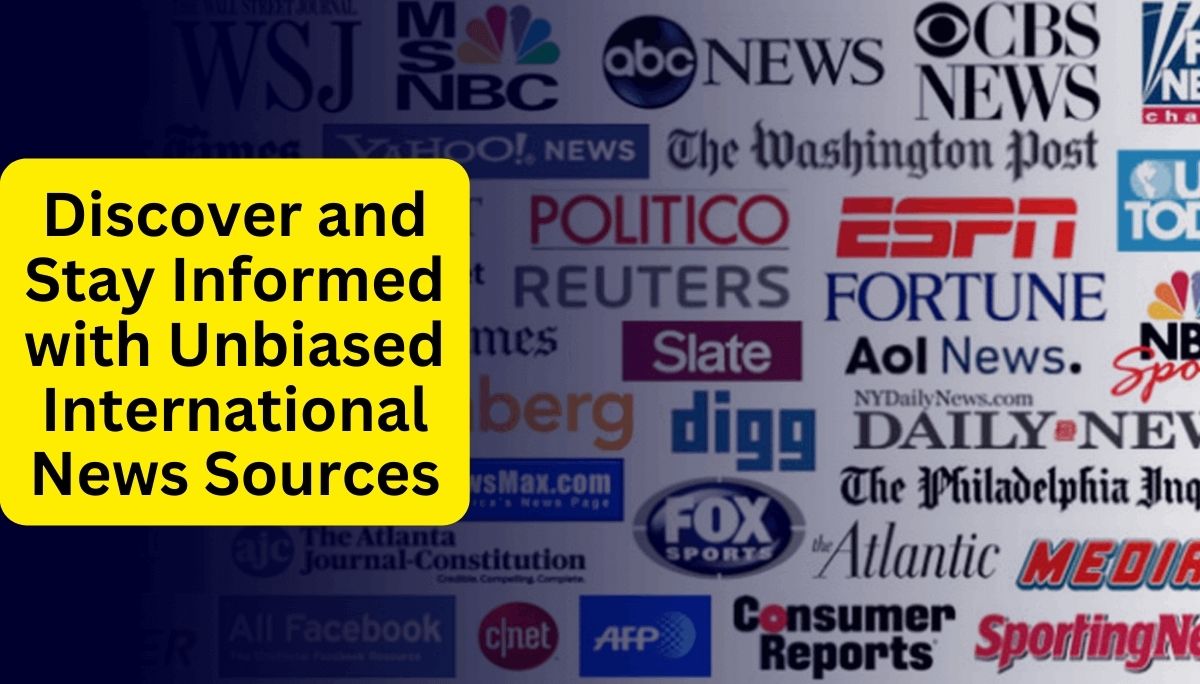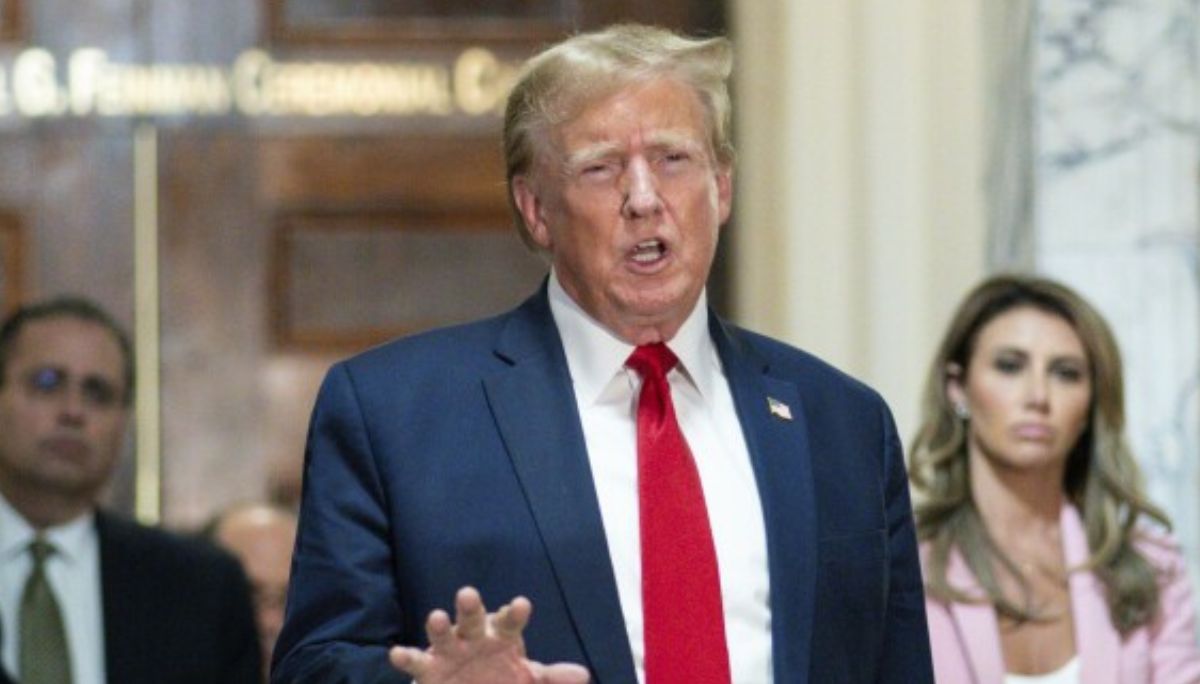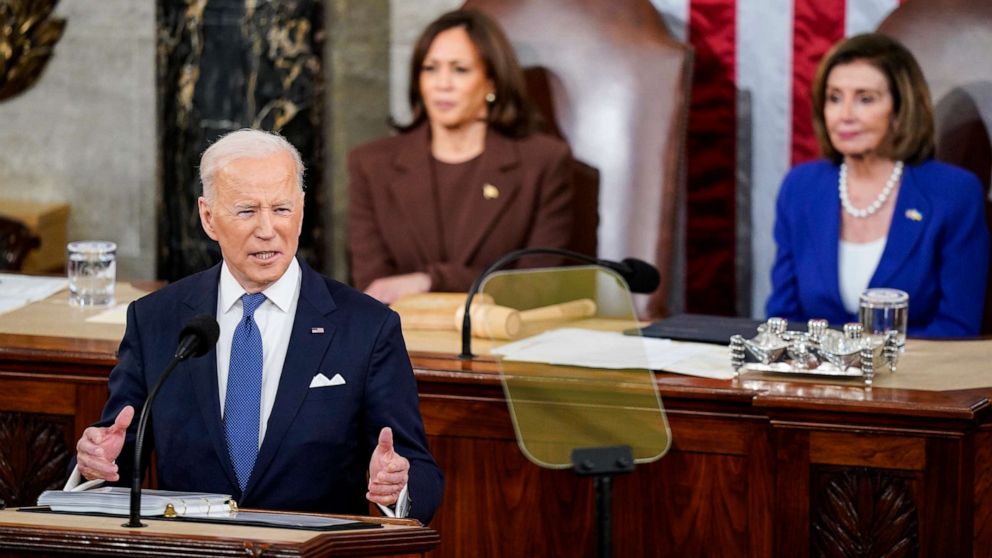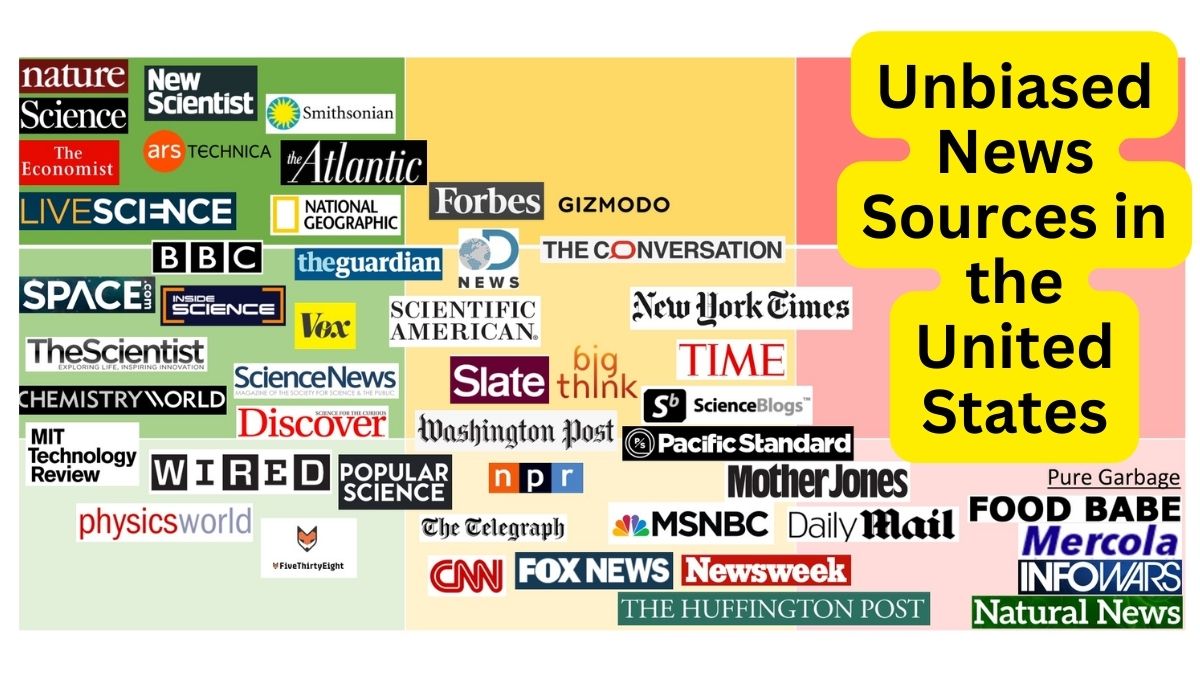Russia US Cyber Threat: Russia Claims Imminent US Cyber Threat to Presidential Elections
Russia’s recent claims of an imminent cyber threat to its presidential elections have sent shockwaves through the international community. The allegations, if true, could have profound implications for global cybersecurity and diplomatic relations.
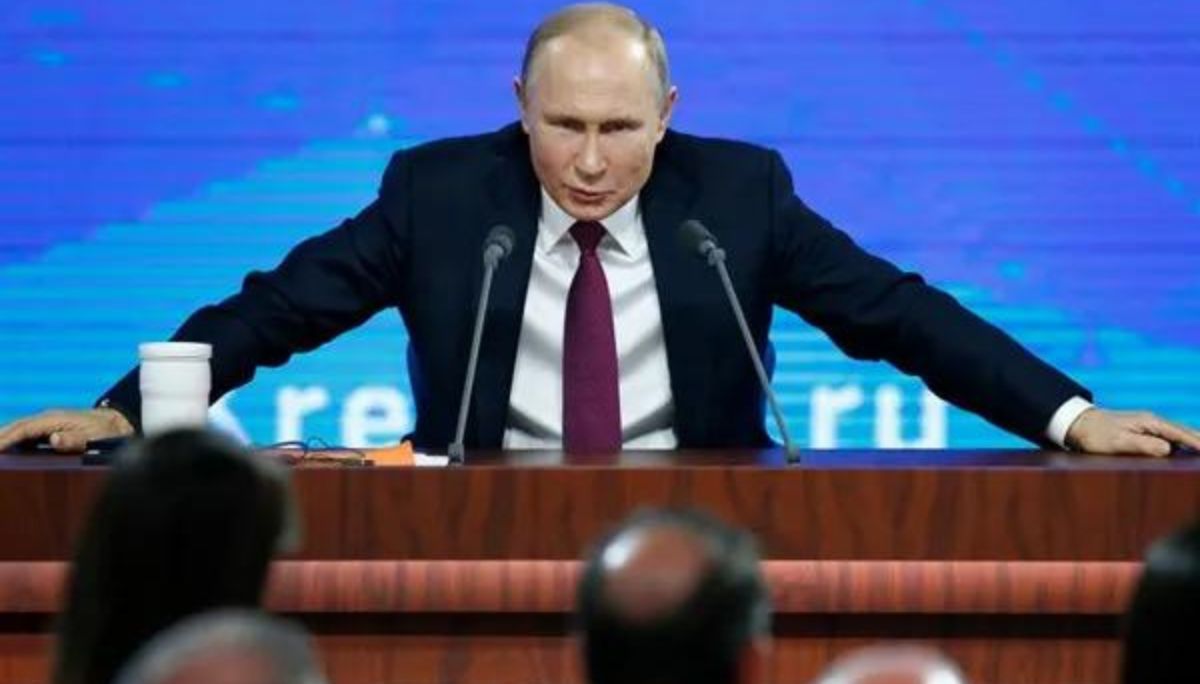
Table of Contents
Raising the Stakes
In a move that has sent shockwaves through the international community, Russia has raised the stakes in an already tense geopolitical landscape. The Kremlin has leveled a grave accusation, claiming that the United States is poised to launch a massive cyber attack aimed at undermining the integrity of Russia’s upcoming presidential elections.
This bold allegation has not only heightened tensions between the two superpowers but has also cast a spotlight on the increasingly critical role of cyber warfare in the modern era of global power dynamics.
A History of Cyber Warfare
The specter of cyber attacks has loomed large in recent years, with nations around the world increasingly recognizing the potential for digital disruption to cripple critical infrastructure, compromise national security, and sway public opinion.
The annals of modern history are replete with examples of cyber warfare, from the alleged Russian interference in the 2016 US presidential election to the devastating NotPetya attack that crippled systems across Ukraine and beyond.
As technology continues to advance at a breakneck pace, the battleground of the 21st century has extended into the digital realm, where the lines between offense and defense, espionage and sabotage, have become increasingly blurred.
Russia Sounds the Alarm
In a strongly worded statement, the Russian government has declared that it has obtained intelligence indicating an imminent cyber attack originating from the United States. According to the Kremlin, this alleged digital offensive is aimed at disrupting Russia’s upcoming presidential elections, which are scheduled to take place in early 2024.
“We have uncovered credible information about preparations by the United States to carry out acts of interference in Russia’s upcoming presidential elections through the use of cyber tools and digital manipulation,” the statement reads.
Russia has long been wary of Western interference in its internal affairs, and this latest accusation only serves to stoke those fears further. The Kremlin has vowed to take “all necessary measures” to safeguard the integrity of the electoral process and has warned of severe consequences should the alleged cyber attack materialize.
America’s Defensive Stance
In response to Russia’s allegations, the United States has adopted a defensive posture, vehemently denying any plans to interfere in the Russian electoral process through cyber means or otherwise.
“The United States categorically rejects these baseless claims by the Russian government,” stated a spokesperson for the White House. “We remain committed to upholding the principles of free and fair elections, both at home and abroad, and have no intention of undermining the democratic process in any nation.”
The US has also called upon Russia to provide concrete evidence to substantiate its claims, warning that such grave accusations without proof could further destabilize an already precarious global security situation.
A Delicate Balance
As the war of words between the two nations escalates, the world finds itself holding its collective breath, acutely aware of the delicate balance that exists within the realm of cyber warfare.
The potential for miscalculation or misinterpretation on either side is a constant threat, one that could potentially ignite a digital conflagration with far-reaching consequences.
Experts warn that the lines between offensive and defensive cyber operations are often blurred, with nations around the world engaged in a constant game of cat and mouse, probing for vulnerabilities and shoring up defenses in equal measure.
In this high-stakes game of digital chess, the consequences of a misstep could be catastrophic, underscoring the critical importance of open dialogue, trust-building measures, and a shared commitment to upholding the norms of responsible state behavior in cyberspace.
Frequently Asked Questions: Russia US Cyber Threat
Q. What accusation has Russia leveled against the United States?
A. Russia has accused the United States of preparing to launch a massive cyber attack aimed at undermining the integrity of Russia’s upcoming presidential elections, scheduled for early 2024.
Q. How has the United States responded to these allegations?
A. The United States has vehemently denied any plans to interfere in the Russian electoral process through cyber means or otherwise. The US has called upon Russia to provide concrete evidence to substantiate its claims and has warned that such grave accusations without proof could further destabilize global security.
Q. What is the history of cyber warfare between nations?
A. The specter of cyber attacks has loomed large in recent years, with nations around the world recognizing the potential for digital disruption to cripple critical infrastructure, compromise national security, and sway public opinion. Notable incidents include the alleged Russian interference in the 2016 US presidential election and the devastating NotPetya attack that crippled systems across Ukraine and beyond.
Q. What are the potential consequences of a cyber attack on a nation’s electoral process?
A. A successful cyber attack on a nation’s electoral process could undermine the integrity of the democratic process, sow public distrust in the results, and potentially delegitimize the elected government. Such an attack could also escalate tensions between nations and potentially lead to retaliatory measures or even open conflict.
Q. What is the importance of upholding norms of responsible state behavior in cyberspace?
A. In the high-stakes game of cyber warfare, the consequences of a misstep could be catastrophic. Open dialogue, trust-building measures, and a shared commitment to upholding the norms of responsible state behavior in cyberspace are crucial to preventing miscalculation or misinterpretation that could potentially ignite a digital conflagration with far-reaching consequences.

